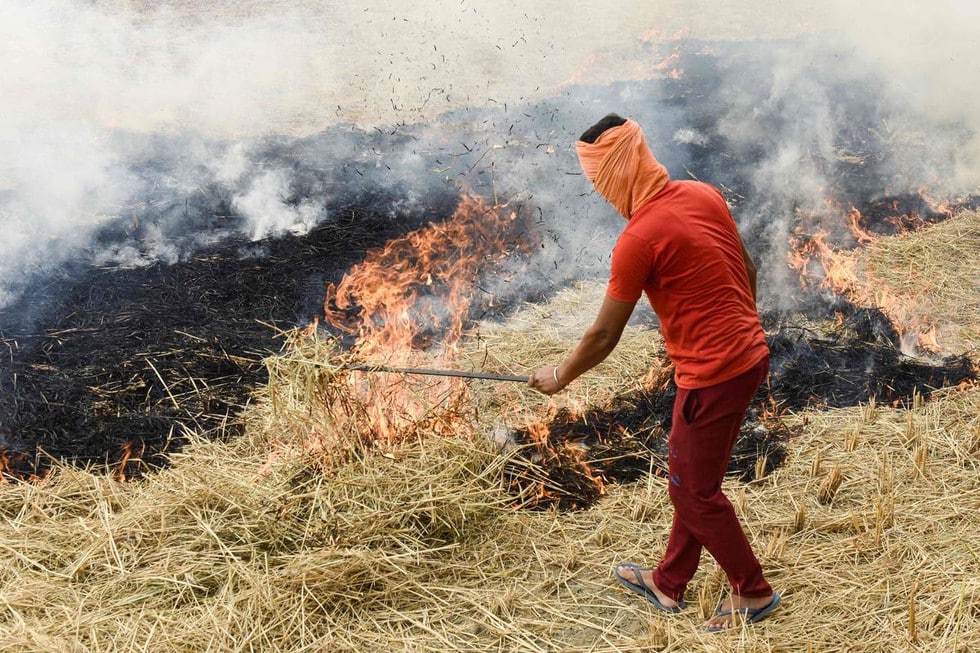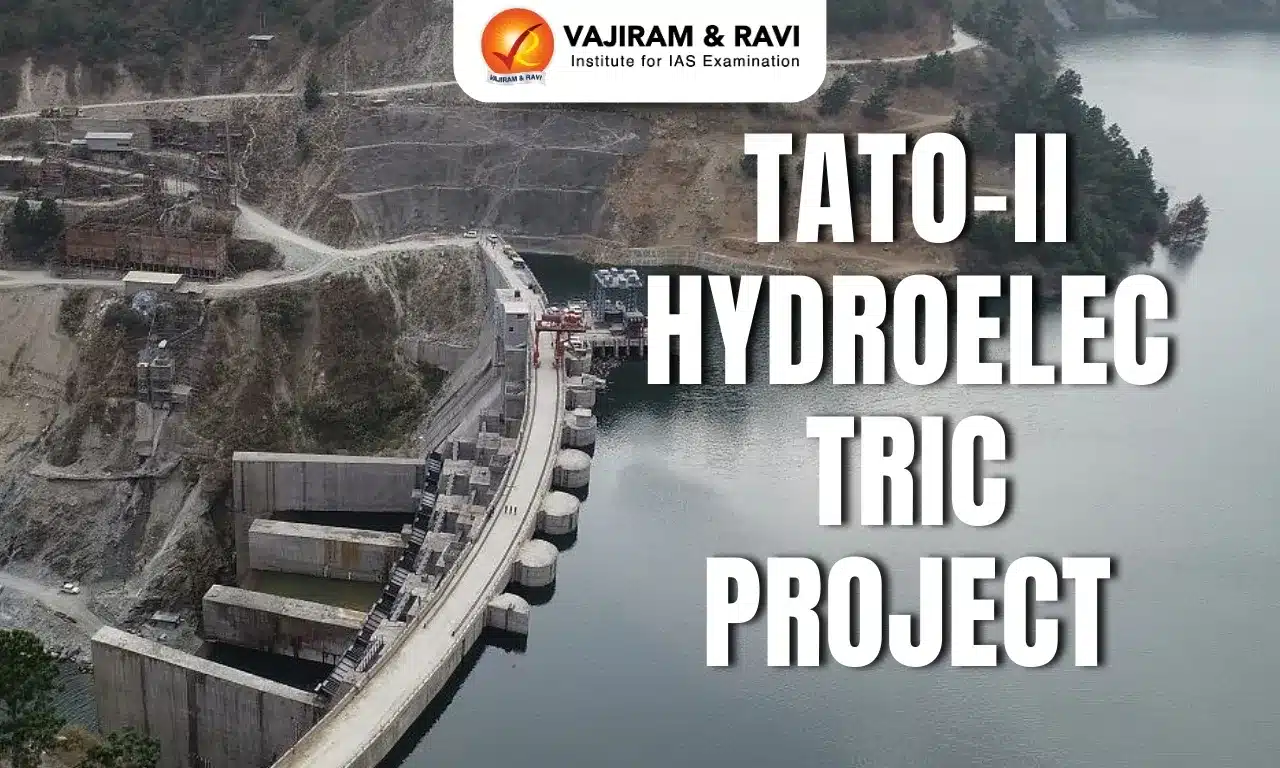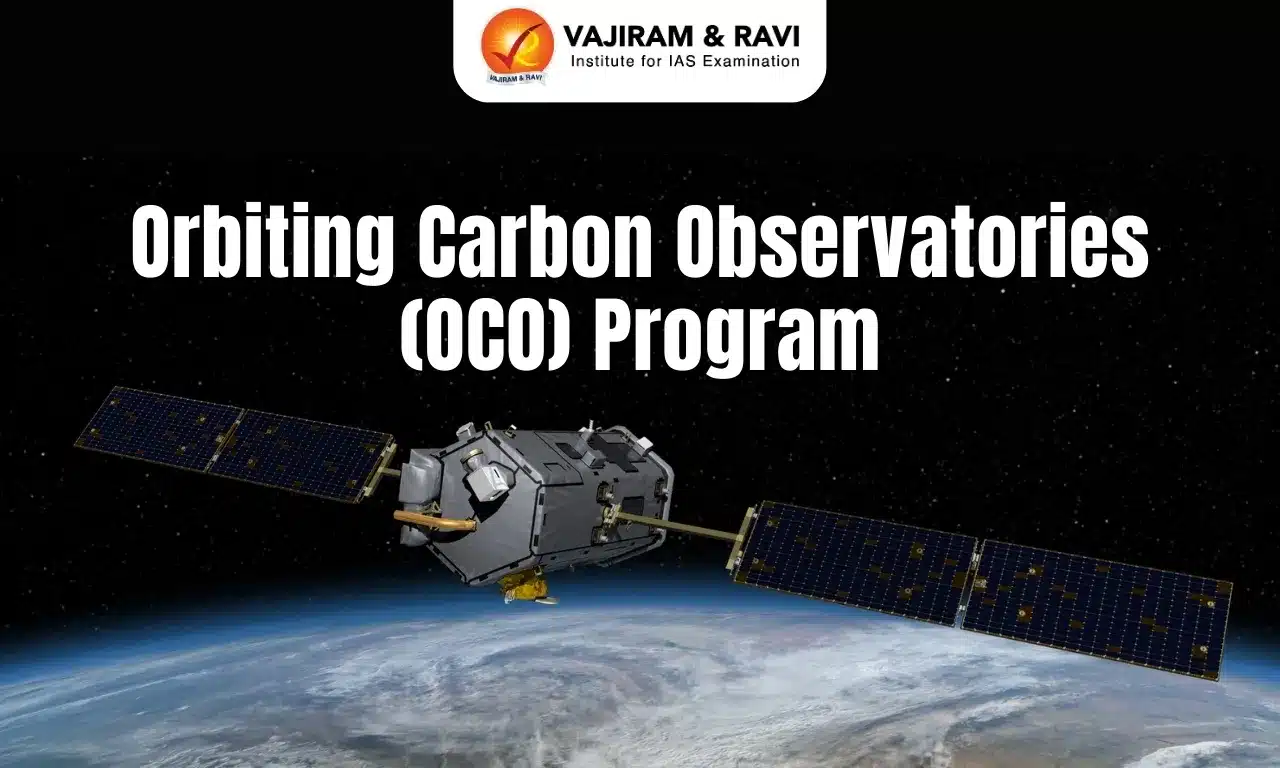About Paddy Straw Pelletisation and Torrefaction Plants:
- It is a ₹50-crore incentive scheme.
- It is generated from the environment protection charge being collected by the Central Pollution Control Board following a 2016 Supreme Court order in MC Mehta Vs Union of India case.
- It directed that a charge of 1% of ex-showroom price be imposed on every diesel car with 2000 cc and above capacity in Delhi NCR.
Cost:
- The estimated cost of setting up a regular pelletisation plant, which can process a tonne per hour, is ₹35 lakh. Under the scheme, the Centre will fund such plants to a maximum of ₹70 lakh subject to capacity.
- Similarly, the cost of establishing a torrefaction plant is ₹70 lakh and under the scheme, is eligible for a maximum funding of ₹1.4 crore.
Pelletisation:
- Paddy straw made into pellets that can be mixed along with coal in thermal power plants.
- This saves coal as well as reduces carbon emissions that would otherwise have been emitted were the straw burnt in the fields, as is the regular practice of most farmers in Punjab and Haryana.
Torrefaction:
- Torrefaction aims to enhance the fuel quality by addressing issues such as energy density, grindability, and storability.
- Torrefaction is costlier but can deliver a product whose energy content is much higher and theoretically substitute for more coal in a power plant.
Facts:
- Every year, about 27 million tonne of paddy straw is generated in Punjab and Haryana.
- The problem is that about 75% or 20 million tonne is from non-basmati rice, which cannot be fed to cattle as fodder because of its high silica content.
Source : The Hindu
Last updated on August, 2025
→ UPSC Mains Admit Card 2025 will be released soon at www.upsc.gov.in.
→ UPSC Mains 2025 will be conducted on 22nd August 2025.
→ UPSC Notification 2025 was released on 22nd January 2025.
→ UPSC Calendar 2026 is released on 15th May, 2025.
→ UPSC Prelims Question Paper 2025 and Unofficial Prelims Answer Key 2025 are available now.
→ UPSC Prelims Result 2025 is out now for the CSE held on 25 May 2025.
→ The UPSC Vacancy 2025 were released 1129, out of which 979 were for UPSC CSE and remaining 150 are for UPSC IFoS.
→ UPSC Prelims 2026 will be conducted on 24th May, 2026 & UPSC Mains 2026 will be conducted on 21st August 2026.
→ The UPSC Selection Process is of 3 stages-Prelims, Mains and Interview.
→ UPSC Result 2024 is released with latest UPSC Marksheet 2024. Check Now!
→ UPSC Toppers List 2024 is released now. Shakti Dubey is UPSC AIR 1 2024 Topper.
→ Also check Best IAS Coaching in Delhi















